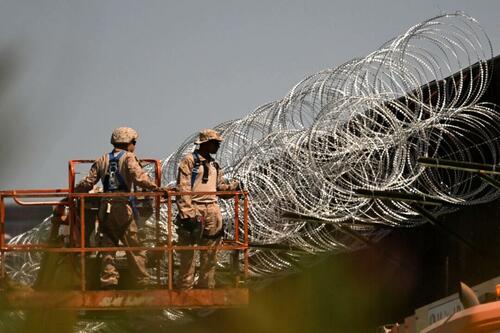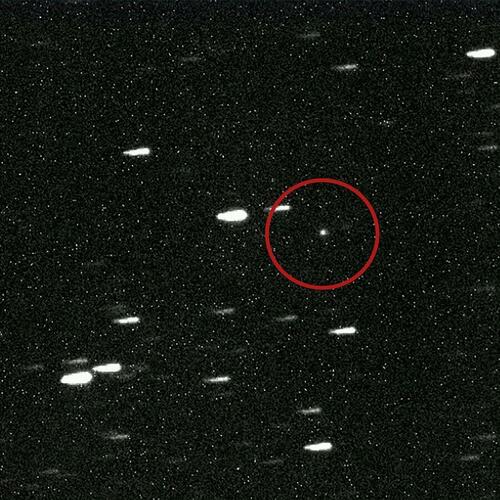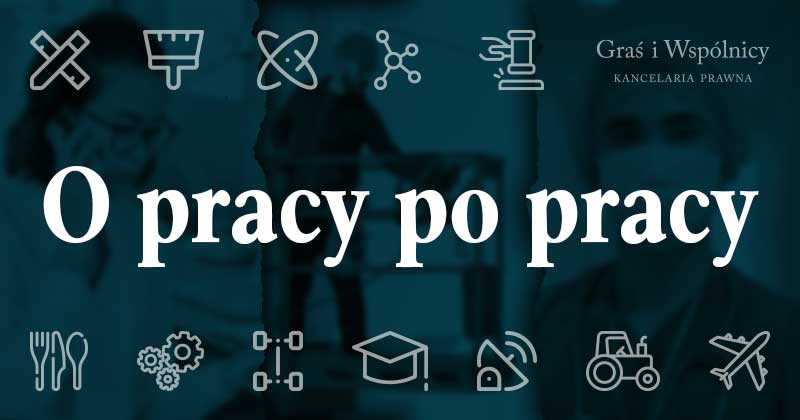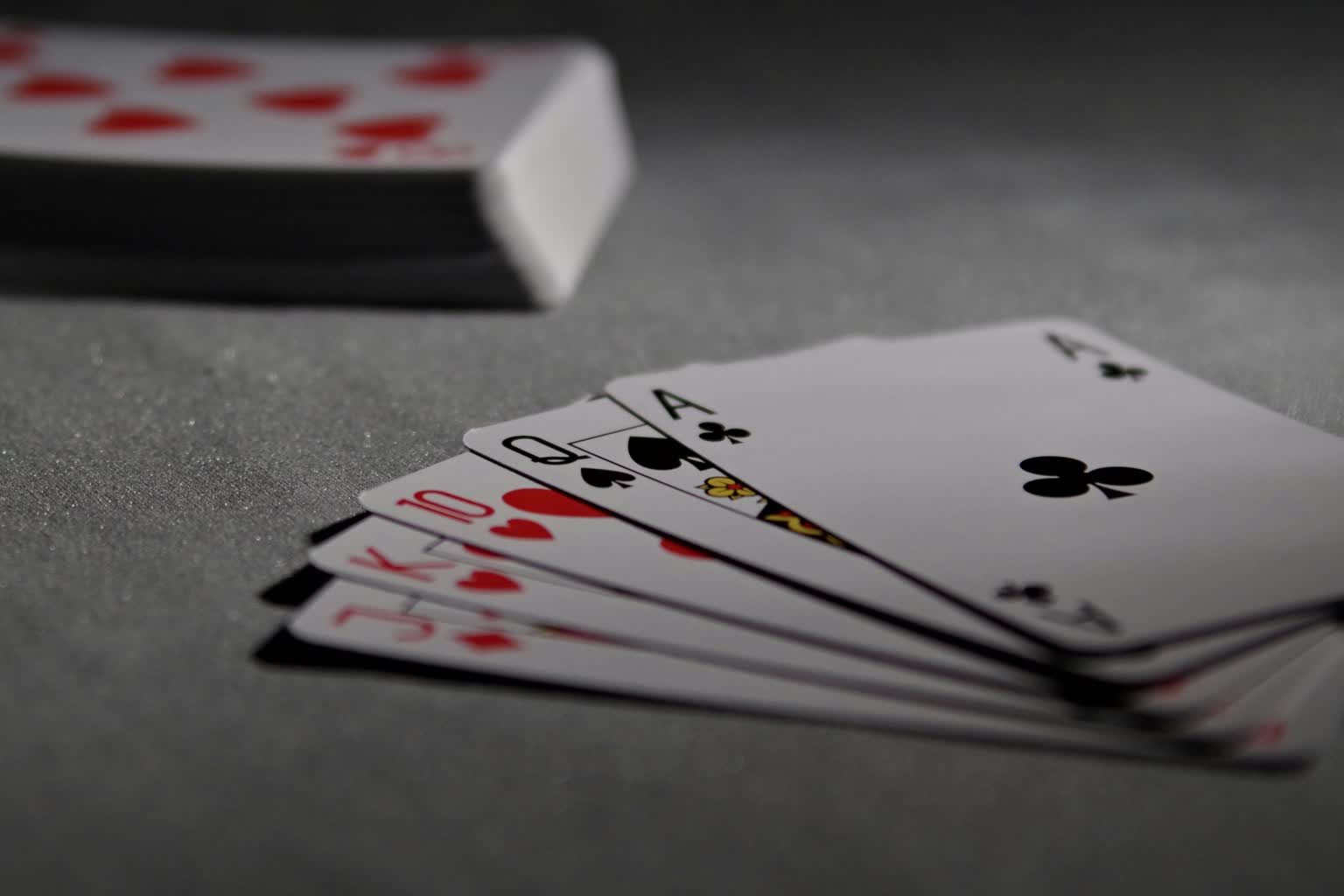My comment as usual In color.In the post there are min. fragments from wikipedia for Poles.
-------------
wikipedia for Poles
Kaszubi – an cultural group surviving in Poland in Gdańsk Pomerania and the east part of Western Pomerania, originating from the east group of West Slavic Pomeranian tribes.
They are divided into a number of ethnographic, linguistic and culturally diverse sub-groups (North Kashubia – Bëlôcë, Gochy – Gôchë, Józcy – Józcë or Mucnica – Mùcnicë, Krubanie – Krëbane, Lesacy – Lesôcë, Seamen – Mòzanie, Rybaki – Rëbôcë, Borowiacy Tucholski – Borowiany, Tuchòłki, Zaboracy – Zabòrôcë). The separate and isolated subgroup (died in the 20th century) were the Słowinskis. Kaszubi feel Poles in the vast majority (preserving regional traditions, alongside national traditions). In the census, more than 90% of those declaring Kashubianness declared it together with Polishness.
Some Kashubians retained their own culture and speech. Today, sociology and past dominate the view that Kaszubi constitute
ethnic groupPolish people.
The vast majority of Kashubians have a double recognition – the national Polish and cultural Kashubian. Many Polish national activists in Pomerania during the period of partitions and members of the underground independency during the business were of Kashubian origin[
footnote needed].
In the 2002 census, 5062 Polish citizens declared Kashubian nationality. This is about 1% of the full Kashubian community. The Republic of Poland does not consider these declarations binding (similar to the case of Silesians), hence Kaszubi did not find themselves on the authoritative list of national minorities drawn up by the Ministry of abroad Affairs. In the same census, 52,665 people declared utilizing the Kashubian language.
In 2011, during the National Census, Kashubian national or cultural membership declared 228 000 people, including 16,000 people declared it to be the only membership, 1000 being the first to declare besides second affiliation, 211 000 being the second national or cultural membership.
by another page in wikipedia - 233,000
and Silesian declared in full - 847,000
Year 2021 - the number of declarations of nearly 50,000 for the Kashubians and over 250,000 for the Slaves has fallen.
In the census there was an chance to declare 2 identities or nationalities, and so for example most people declaring regional identity of Kashubian or Silesian declared at the same time national identity of Polish (i.e. Polish national identity and at the same time regional identity of Silesian – Poles-Slazy or Kashubian – Poles-Kashubi)
| Enemies | 596.224 | 1,57% | Silesian Voivodeship (11.74%) and Opole Provinces (6.29%) |
| Kaszubi | 179,685 | 0.47% | Pomeranian Voivodeship (7.41%) |
Because of the linguistic diversity of Kaszubi they were already through the sanitation
[so-called "pilsudians" - MS] accused of separatism, i.e. the desire to separate part of its territory from Poland. These accusations were not actually covered, during the period of the Polish People's Republic they served to antagonize the Kashubians with the remaining Polish population and intensified during subsequent political crises, e.g. in 1968 and 1970.
and below I see any incompatibility, the entry is filled with ambiguity and confusion, so I propose careful acceptance of these content, the more we know from another posts on this blog, wikipedia serves for forgery and past and reality
Kashubian national movement, although not mainstream in Kashubian-Pomeranian traffic, however, has a long tradition. In the interwar period
The thought of Florian Ceynow continued activists from the alleged Associations, who in the Polish People's Republic were repressed by the UB, followed by the SB and marginalised public activities. After 1989
the same thought in the Kashubian movement represented Tatczëzna's letter, and now Kashëbskô Òdroda. Today, even
the most extremist flow in the Kashubian movement – national – it does not question the historical relations of Kashubians with Poland, and its demands limit to the concern for improvement
native speech, culture and care for your own historical tradition[
footnote needed].
or first we have a proposition that the content refers to the national movement:
- content from words: "
Kashubian national movement"...
au "
Kashëbskô Òdroda"
and then in a fresh sentence, but in the same sequence, i.e. without a paragraph, we read:
"Even present the most extremist current in the Kashubian movement – national"
Which suggests that everything we've read so far has not been about national movement... strange.
It's weird, it's mixed up, so I feel it.
I don't know the past of the Kashubian movement adequate to give a detailed explanation here, but possibly 1 day I can...
the most extremist flow in the Kashubian movement – national – its demands limit to improvement concerns
native speech, culture and care for its own historical tradition
There you go.
Speech is chatter, and sound is not language in technological terms and regulations.
A Kaszubi prides themselves on their language.
The hook is in terms of: "parent" - that means the author means NATION.
A Kaszubi are an cultural group, not a nation.
So first you gotta consider what the author meant - which "home language" Is he after you?
Polish or Kashubian?
If he writes about the Polish language - this conviction is, say... about correct. After all, Kaszubi can care about the improvement of the Polish language, but it should be explained what this "development of the Polish language" and "care" would consist of... If we enter specified a phrase in the search engine, we will find nothing about the "development of the Polish language" ...
Huh?
The improvement of the Polish language would consist in making changes to the Polish language, which could yet change it, that modern Poles, or WE, could, for example, not admit Polish speech in 200 years of specified "development".
So it's a unusual phrase... it should alternatively compose - "fixed", "preservation" - oh! That would fit, but not "development"...
If he writes about the Kashubian language - that is the word "parent" It's not correct, just like "development"...
He could possibly compose this (that Kashubian speech is native) if he wrote about himself (about the unit) on a private website, but this is simply a Wikipedia page, which is intended to have the character of an encyclopedia, and in specified a publication we do not usage individual outflows.
Term "parent" It comes from the word "homeland," and that involves the concept of a Nation.
Country – a word of 2 meanings, referring to a space applicable to a single individual (unit) or a collective (nation).
So first he writes, "does not question the historical relations of Kashubians with Poland" - due to the fact that you just can't question it, that would be a shot in the foot, but then he claims Kaszubi is simply a nation.
Today, even the most extremist flow in the Kashubian movement – national – does not question the historical relations of Kashubians with PolandBut besides, they're a separate nation.
What?
Kaszuby is an cultural group, but they're in this wikipedia and not only, so blurry in your head that you'll talk about them like a nation, and then - how it will happen "knowledge" common - it'll just be "formalized" and compose it first in wikipedia and then - in the next 10 to 20 years - in a dictionary, an encyclopedia, Act...
That's the method.
Method of habit, method of tiny steps...
Plus, "development."
It should be "fixing", "preserving" of Kashubian language, possibly - "dissemination" among young people and Kashubian children, introduction to schools, etc., but not "development".
So many traps in a fewer sentences - one more time I draw attention - as It's all clogged, all word is carefully selected.
And below that, we have this thing:
Today
Kashubian Guiana It is increasingly regarded as independent
Slavic, included in the group
West Slavic. However, there are researchers (mainly Polish dialectologists) who inactive classify them as 1 of the
dialects of Polish.Polish law granted ethnolect Kashubian, as the only in Poland, position
regional language. Young people who give a fresh advanced school may feel it utilizing Kashubian. Since 2013, the University of Gdańsk allows studies in the unique direction of Kashubian Ethnophilology.
Nope.
This is another manipulation.
Maybe this wikipedia guy doesn't usage Wikipedia.
wikipedia for Poles:
Fiancée – language variety circumstantial to the language user group. This may be synonymous with the word dialect, or a word for different non-standard, non-national forms of language, or a general word for each distinct variety of language (the standard is then referred to as a general/cultural doctrine)
In literature, there is besides a shot according to which the word is simply a variety of language with a wider scope than dialect and noise. any authors treat the concept as an intermediate unit between dialect and noise, dialect as a squad of fiancés, and fiancé as a band of gwar. According to 1 of the definitions, it is “a gwar band with a certain number of common gill features”.
In modern Polish linguistics, the word “teach” is comparatively narrow, it is mainly met in the description of exotic languages. It is more frequently found in non-scientific contexts than in linguistics, for example in travel stories. In Serbian-Croatian dialectology the word
narječje remains in common use, as overriding over time
dijalekat. In the Slovak linguistic tradition of expression
dialect and nárečie are treated as equivalent, although any researchers as dialect realize a unit larger than
nárečie.In a more general, common sense, the word ‘curricula’ besides functions as a synonym for the terms ‘language’ and ‘language’. It can be treated as a neutral substitute for the terms ‘dialect’ and ‘language’.
Kashubian, Kashubian dialect (kaszub. kaszub. kaszub. kashëbschi jãzëk, kashëbskô mòwa, pòmòrschi jãzëk, kashëbskò-słowiszskô mòwa) is simply a Western Slavic and lechicka speech of disputed position – depending on the criteria adopted, considered as a separate language or dialect of Polish. An indirect position is frequently adopted, it is avoided to mention to it as a ‘language’ or ‘dialect’ or is referred to as an ethnolect. From a legal point of view, Kashubian is simply a regional language in Poland.
I'm definitely not a fiancé, due to the fact that Kashubian is considered a regional language.
So this wikipediar uses the formulas of a layman in the encyclopedia, which are incorrect - he virtually uses "common knowledge".
"that's what everyone knows," we say, utilizing a heard "know" that we haven't checked and that we believe in just due to the fact that some, possibly even significant, group of people usage it on a regular basis or in the media, for example.
I give you a acquainted example:
According to common knowledge, Russia threatens to invade us - and this has been for 30 years.
The question - if so, why the state authorities: they reduce the military's individual status, destruct military units, barracks, field airports, radar stations or specialised electronic combat departments in the Baltic, do not build bunkers, do not order fresh defence systems, tanks, rockets, etc., destruct the Polish Post essential in the event of mobilization, hinder citizens' access to firearms, enact a law of oppression against the citizen by discouraging him from active service and defence of the state, remove bans on shooting from strategical facilities, what is more - let to photograph the full country to Google - in Germany, Austria, there is no specified thing in Belarus, it besides seems that they do not observe the exercises of the Russian fleet and aviation - see here - see here the bans on shooting from strategical facilities, and, furthermore - let to photograph the full country to Google company - in Germany, Austria, Belarus, there is no specified thing, it besides seems that they do not observe the exercises of Russian aviation and air force - see here - see here - see situation of 2024, that is, already in a situation of war between Russia and Ukraine.
If the Russians let themselves be photographed, possibly they have nothing to hide?
If Germans do not let themselves to be photographed - possibly they have something to hide?!
What?
Everyone looks at each other, everybody knows each another best...
Either the state is controlled by fraudsters who, through the media, lie to people about the threat from the east, or the authorities are plagued by saboteurs who are fighting with us in a diversionary fight weakening the armed forces of the Polish state.
How about both?
What's true?
Common cognition or expertise?
If, according to media reports, we have been threatened by an invasion of Russia for 30 years - and as if it is true, due to the fact that Russia attacked Ukraine and has waged war there for 3 years - then why does Homeland safety let the Polish army to be spread out?
Because the law doesn't oblige them?
And they're allowed to wear tickets?
So who is in charge of analysing Polish defence needs and threats from abroad - the city guard?
I'm asking due to the fact that I don't know. I'm just a fool.
Returning to wikipedia - galimatias - of course purposeful.
Wikipedia is not an encyclopedia.
Wikipedia doesn't give us facts - just interpretations.
Wikipedia is actually - a literary statement.
This word was taken from the textbook for the Polish:
"Used poetics"Bożena Chrząstowska
Seweryn Thresher
School and Pedagogical Publishing, Warsaw 1987
It is simply a book suitable for helping describe the techniques utilized in wikipedia. Here we will find a number of examples and descriptions that will aid to realize these techniques and methods.
Poetics – a field of literature science, or more specifically the explanation of literature, examining first of all the way a literary work exists as a language creation of a circumstantial character, defined by the needs of aesthetic function. The focus of poetics is the general principles of the organization of literary text.
Statement or termination (St. ῥήτρα, Latin oratio), sometimes the position or message – oral or written, the actual language message expressing the position, view or opinion of the author.
Theory of Speech
rhetoric.
Remember the ancient Romans learned rhetoric?
The Civilization of Death applied rhetoric not only in ancient Greece or Rome - but inactive applies it.
Rhetorika (stg. ῥητορική τέχνη, Latin rhetoria) – the art of building an artistic, persuasional oral or written statement, learning about it, theoretical reflection as well knowledge of verbal, pictorial and conservative communication between the author of the message and its recipients.
In ancient times rhetoric was not only a peculiar field of discipline and art, but besides the perfect of lifeand even a pillar of culture. In the mediate Ages, she became 1 of the primary school subjects, taught as part of liberated arts. Until the 19th century, in European culture, It was considered an essential part of education.
And that's why the manipulators are triumphant...
Older generations besides learned Greek and Latin, which besides helped them realize the origin of words, the actual meaning of words, the ambiguity that I will effort to show on another occasion.
It would be worth restoring at least Latin to schools, and of course rhetoric, or at least any basis for applied poetics. It is besides worth learning abroad languages.
rhetoric was an autonomous field of cognition and the most crucial subject of school teaching language, teaching clear, suitable and decorative to express all thought in a surviving and written word, and forming social and political attitudes in public activities. It was the culmination of education and education, although its scope and functions changed in peculiar epochs, currents, and pedagogical systems.
In Poland, rhetoric, since the time of the Committee on National Education called the "speech", ceased to be as a separate discipline of knowledge. The trick of correct reasoning was logic. Psychology has taken over the audience's assessment of their emotions. Ethics has received rhetorical assessment of the integrity or wickedness of persuasion. They know about the recipient of the word spoken and written was sociology. The rhetorical arguments examine philosophy, law, or theology. The literary part of rhetorical explanation has been divided between various philological specialties – grammar, literature theory, proseics, stylistics, historical poetics, publications, etc. Many modern technological disciplines represent a decline after rhetoric, and researchers frequently usage rhetorical terminology without knowing what the origin terminology is.
So this is how - through division, fragmentation - rhetoric has been destroyed and here you have the effect - of a mass of people taking manipulation like pelicans, which in turn leads to economical and political collapse!
Regardless of more or little justified prejudices, rhetoric continues to make within, for example, semilogy, semantics or information theory. He patronises the culture of the surviving word, the discussions, the polemics, propaganda, PR or advertising. In the era of mass media, it is apparent that rhetoric is an art of persuasion.
Lectured in the modern school, “Polish language” in the mid-19th century was called “sword and poetry”. any rhetorical departments have been included in the curriculum of this subject under various names specified as stylistics, poetics, declamator, exercises in speaking and writing. The basic elements of rhetoric are inactive taught erstwhile writing "workouts" erstwhile learning the structure of a written statement, proving a previously set thesis or analysing stylistic means.
What's Mrs. Nowack doing? He says that children are not allowed to work at home, that is, katrupi restoratives after the decimated rhetoric!
In any countries rhetoric is taught in secondary and higher schools, for example under the name "exercises in the composition of literary and publicist texts".
Back to wikipedia and Kashubian.
Today
Kashubian Guiana It is increasingly regarded as independent
Slavic, included in the group
West Slavic. However, there are researchers (mainly Polish dialectologists) who inactive classify them as 1 of the
dialects of Polish.Polish law granted ethnolect Kashubian, as the only in Poland, position
regional language. Young people who give a fresh advanced school may feel it utilizing Kashubian. Since 2013, the University of Gdańsk allows studies in the unique direction of Kashubian Ethnophilology.
This text actually contains a description of "the method of tiny steps", these phrases tell us:
"is treated more and more often"
"However, there are researchers (mainly Polish dialectologists) who continue"
These are actually opinions of the wikipediar not supported by any data - it is pure literature, not to say - beletristism, which under the cover of the OPIN - gives us fairy tales, fiction, simply deceives us.
It uses something here that could be described as "collateral knowledge", only that with cognition it has nothing or small in common (still this word and phenomenon gives me a problem how to explain it).
Western journal.pl/association-person-nationality-Slaska-rises-with-kolan-domogomy-sie-recogno-slonski-mysto-reactivation-after-10-years/ar/c1p2-27440693?utm_campaign=grafikalink&utm_medium=journalist%20west&utm_source=Facebook
The planet is the nation's nation's society.
journalism.pl/news/country/Articles/9497333, sejm-uchwal-law-recognising-language-slaski-in-language-regional.html#Law-about-language-slaski-in-saimie
pl.wikipedia.org/wiki/National_Subscription_Universal_Populous_and_Municipality_2011
Right Eye: He will reflect... and drown himself..
Right Eye: Reflections in the sky - and on the water...
Right Eye: In defence of police...
















